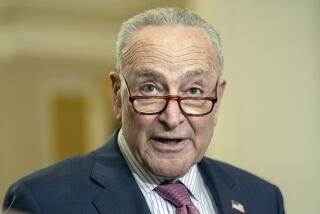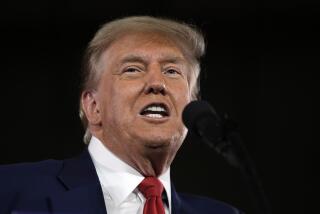Judge ready to lift order barring Argentina from paying exchange bondholders
A U.S. federal judge in Manhattan has agreed to lift an order that had barred Argentina from servicing its restructured debt unless it simultaneously paid holdout creditors that had won judgments in his court.
The lifting of the injunction is conditioned on Argentina which defaulted on roughly $100 billion in debt in December 2001, at the time the largest sovereign default in history repealing laws that prevent the country from settling with the holdouts.
The vast majority of Argentina’s creditors around 93 percent accepted steep haircuts on the sovereign bonds, which were issued under U.S. law, in 2005 and 2010 restructurings.
Besides the repeal of the laws, Argentina also must meet a Feb. 29 deadline to make full payment to holdout creditors who have accepted the country’s settlement offers earlier this month, and an appeals court also must uphold U.S. District Judge Thomas Griesa’s ruling, issued Friday.
While different offers amounting to a combined $6.5 billion were made to various creditors holding nearly $10 billion in defaulted debt, those bondholders that had won judgments in Griesa’s court were offered 70 percent of the judgment amount.
Several creditors have accepted the Feb. 5 offer by Argentina, which has been shut out of international capital markets since the massive default, most notably the hedge funds Montreux Equity Partners and Dart Management.
Two lead creditors Elliott Management Corp. founder and CEO Paul Singer’s NML Capital Ltd. and Aurelius Capital Management have continued to hold out but could be forced to accept Argentina’s terms if the injunction is lifted.
The judge’s decision has been interpreted as a vote of confidence in recently inaugurated Argentine President Mauricio Macri. Indeed, the judge said in his written decision that Macri’s election “changed everything.”
“Argentina has shown a goodfaith willingness to negotiate with the holdouts,” Griesa said.
Argentine Cabinet chief Marcos Peña hailed the judge’s decision in remarks to Mitre radio on Saturday, saying it was a “positive step ... that will allow Argentina to finish normalizing its relations with the world.”
Macri took office in December, replacing leftist Cristina Fernandez, who had slammed the holdouts as “vultures.”
Griesa ruled in favor of one group of holdouts in 2012, including NML Capital Ltd.
Citing a violation of the bonds’ “pari passu” (equal treatment) clause, he ordered Argentina to pay them $1.3 billion plus interest before making further payments to bondholders who had accepted the restructurings.
Other holdout bondholders, known as “me too” litigants, won similar judgments against Argentina in Griesa’s court last year, bringing the total owed by the South American country to the litigating bondholders to around $10 billion.
Argentina was blocked from making interest payments to its exchange bondholders (the 93 percent of creditors that accepted the 2005 and 2010 restructurings) when it refused to comply with Griesa’s judgments in favor of the holdouts, leading credit ratings agency Standard & Poor’s to lower the country’s credit rating to “selective default” in 2014.
NML Capital Ltd. and other hedge funds acquired Argentine bonds on the secondary market at large discounts following Buenos Aires’ massive 2001 debt default.
The origins of Argentina’s default, a decision adopted amid a financial meltdown and economic depression, go back to Argentina’s 19761983 military regime, which presided over a 465 percent expansion in public indebtedness.





